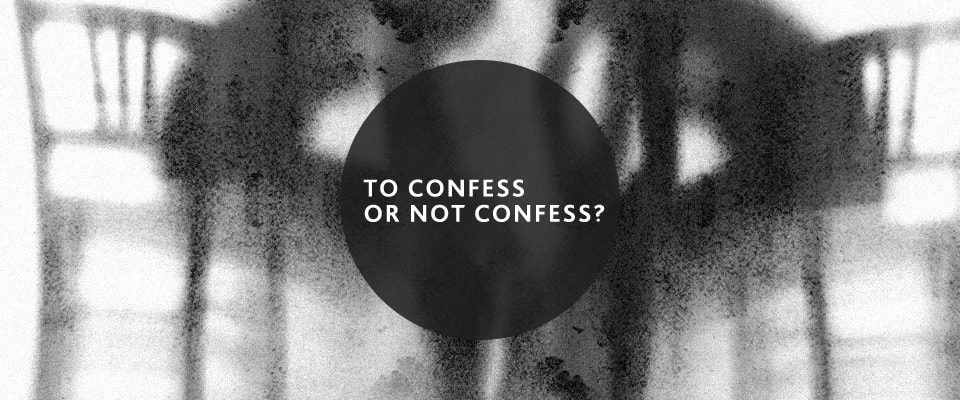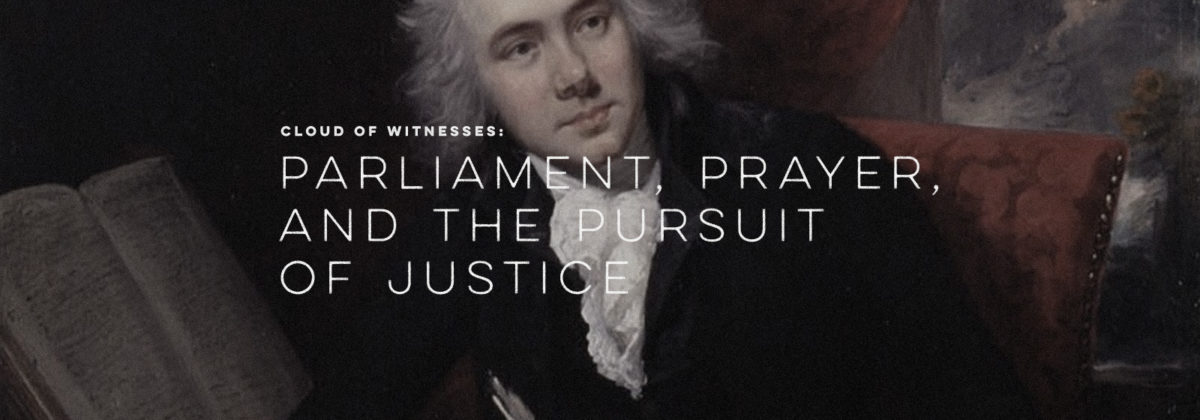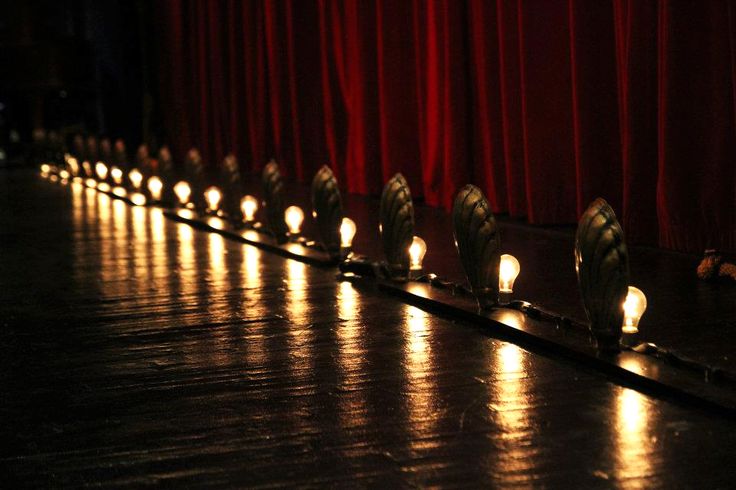Does God want us to frequently confess our sins, or is it simply redundant after trusting in Jesus? I have heard people answer this question using the following analogy: an earthly father would hardly want his children to approach him contritely, always confessing their faults. Why? Because the father loves his children and wants to embrace them, no matter what they’ve done. In a way, they are saying we just need to seek God and God’s love, while not worrying about our faults because God, in his love, sees past our faults and delights in us. God just wants to be with us, so there is no need to rehearse all the ways we’ve let him down. While aspects of this line of thinking are undoubtedly true, I don’t think its entirely consistent with the nuances of the firm love of an earthly father, let alone the Holy love of our Heavenly Father.
Should we confess or not confess? Should we approach the God of boundless love in humility and contriteness, aware of our sin and shortcomings? Honestly, I think if we approach him any other way it shows a deficiency in our understanding of who God actually is, and what he has actually done for us. I think that God absolutely wants us to confess our sin, and undoubtedly with regularity.
We can learn a great deal from Thomas Cranmer, one of the great Reformers of the Protestant Reformation, on this matter. He has a brilliant theology of repentance. He is best known for authoring the Book of Common Prayer. I want to consider two services found in the Prayer Book: The Morning and Evening Services.
The morning prayer services often begins with a Scripture reading on Penitence. Luke 15:18-19 is often read, “I will arise and go to my father, and will say to him, Father, I have sinned against heaven and against you, and am no more worthy to be called your son.” These words are from the famous parable about the prodigal son. This is the youngest son’s rehearsed confession as he prepares to encounter his father after being estranged from him, having shamed him and squandered his inheritance.
With these words in mind, the service then proceeds to call all to continue in prayer “with a pure heart and a humble voice to the throne of the heavenly grace.” The first action of the people, much like the prodigal son, is then to kneel and confess sin:
Almighty and most merciful Father,
We have strayed from your ways like lost sheep.
We have left undone what we ought to have done.
and we have done what we ought not to have done.
We have followed our own ways and the desires of our own hearts.
We have broken your holy laws.
Yet, good Lord, have mercy on us; restore those who are penitent,
according to your promises declared to mankind in Jesus Christ our Lord.
And grant, merciful Father, for his sake,
that we may live a godly and obedient life,
to the glory of your name.
Amen.
Immediately, absolution is announced by the minister:
Almighty Father, who of your great love to men gave your dearly beloved Son to die for us: Grant that through his cross our sins may be put away, and remembered no more against us, and that, cleansed by his blood, and mindful of his sufferings, we may take up our cross daily and follow him in newness of life, until we come to his everlasting kingdom; through Jesus Christ our Lord.
Amen.
And before you know it, you find yourself standing on your feet, praying (or singing) the Gloria Patri:
Glory be to the Father, and to the Son, and to the Holy Spirit.
As it was in the beginning, is now, and ever shall be, world without end.
Amen.
This is the beginning of the Book of Common Prayer’s Morning Service: We come before the throne of grace, we kneel contritely knowing that we come as holy messes, yet we receive boundless grace. We find ourselves standing—or more aptly raised up by God—giving praise and glory to God.
Do you know what the really interesting thing is? By the time you get to the evening, and when you approach God in prayer again, you repeat the exact same pattern—kneeling, confessing, receiving grace, standing in praise and worship. Cranmer assumes that we can’t make it through a single day without falling short of the life God has called us to live.
This pattern is undeniably woven into our pursuit of God. We are prone to brokenness and mistakes, shortcomings and sins. And this becomes evermore apparent when we approach our Heavenly, Holy Father. His presence alone reveals our sins, they are brought to the light by his Holiness, and through the Holy Spirit who convicts us of sin. If you can recognize sin in your life it is a sign that God loves you, don’t ever forget that (c.f. Hebrews 12:4-13)
Think back to the prodigal son for a moment: he rehearses his confession before approaching his father. Yet when he encounters his father, his father runs out to him (a shaming act for a 1st century patriarch) and embraces his son. The prodigal son begins his confession as planned, but it does not pass through his lips in its entirety before his father interrupts him and receives him back as a child with all the privileges he had previously.
We need to reenact this gospel story every single day.
It is by hearing the gospel speak into our continued brokenness and shortcomings that we are transformed. You need to approach God honestly and humbly, which means you come broken and falling short, and yet every time you do so you can be assured that the Father runs out to you and embraces you and lifts you up. Indeed, he is the type of Father who interrupts you before you can complete your confession—but don’t for a moment think that the confession doesn’t matter.
Confession is about honesty, it’s about being real before God. It’s about recognizing that we have baggage, and junk, and that we accrue a debt we simply can’t pay. Yet it isn’t about our sorrow, contriteness, and feeling bad over our sin. The point is to reach out and to be known. Any real encounter of God will evoke confession (c.f. Isaiah 6:5; Ezekiel 1:8; Luke 5:8) but it will also lead to embrace and reconciliation.
If you want to be assured that you a child of God, forgiven and loved, it doesn’t come simply by resolving to believe so. It comes by experiencing God’s desire to reach out to you and forgive you over and over and over again. This is why the Book of Common Prayer sets this frequent rhythm of confession and absolution, because overtime you begin to anticipate the embrace of the Father as you are confessing; but you never gloss over the need to confess.
Confidence that we really are children loved unceasingly by God comes through the consistency of the gospel, and not our consistency in living it out in our lives. It actually, in a way, depends upon our inconsistency. Our brokenness turns into a gift where we learn, on hands and knees, that God’s character is unwavering, he will always lift us up, he will always embrace us—but it starts on our knees. When we are lifted up we realize that we are holy messes, and that nothing—especially not our faults—can separate us from the love of God.




